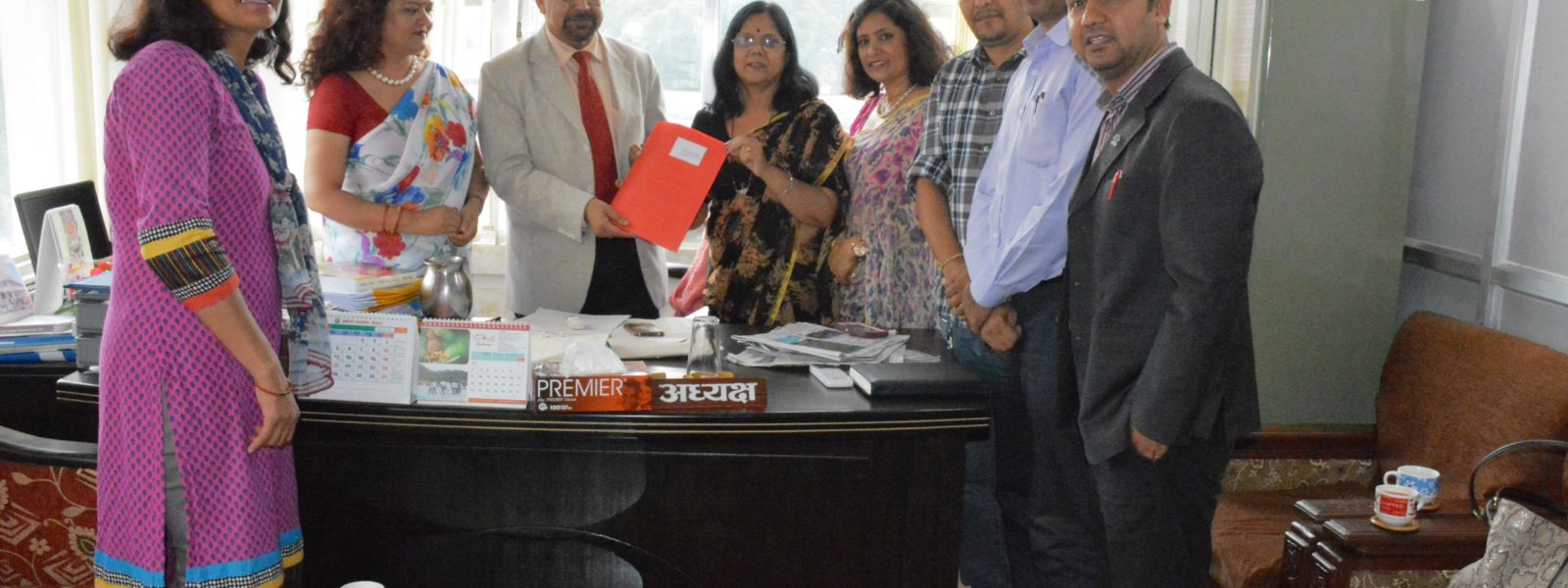
CSOsвАЩ movement in Nepal has been successful in defeating several rules and regulations restricting CSO activities in Nepal. NGOs, one of the key CSOs that appear in the forefront of democratic movements, have been defamed and portrayed as corrupt and as less transparent. They are also charged for not being gender sensitive and inclusive in their approach. Change in the attitude needs to be targeted along within the legal framework of CSOs including media which will increase respect for women and marginalized population and decrease the gap in between CSOs/media and the public.
Existing laws and legal frameworks are restricting CSOs in many ways and hence, CSOs’ governance standards are always in question and misinterpreted when it comes to bring women on board in the decision-making process or give the share of development. Meaningful participation/analysis/discussion and making changes in the current legal framework are the responsibilities of CSOs/media including policy makers, parliamentarians, media /CSOs coalitions to create a doable self-regulatory mechanism agreed by CSOs and policy makers ensuring full representation of women and marginalized population. This is important to create an environment of confidence among all- CSOs/policy makers and the public- which is at the top.
The Civil Society: Mutual Accountability Project (CS:MAP) is a five year project (April 2016-April 2021) supported by the United States Agency for International Development (USAID) and implemented by FHI 360. CS:MAPвАЩs goal is to foster a more legitimate, accountable, and resilient Nepali civil society that is capable of advancing the public interest.
Samjhauta Nepal and Media Advocacy Group (MAG) will work jointly to contribute to the CS:MAP’s Objective 1: ‘Strengthened enabling environment for civil society and media.’ The aim of this project is to strengthen the enabling environment for CSOs and media.
To this end, Samjhauta Nepal will serve as a platform for CSO collaborative action while MAG for media’s collaborative action through Gender Equality and Social Inclusion (GESI) perspective to achieve the following three key objectives:
Objective 1: Improved legal and policy framework, based on international standards, to create an enabling environment for civil society and media
Objective2: Improved public understanding and confidence in the role of media
Objective 3: Improved self-regulation of the sector and internal governance of CSOs and media
Programs
News and Events
Articles Published on Online Portals
৙а•На§∞৲ৌ৮ু৮а•Н১а•На§∞а•Аа§≤а§Ња§И а
Published On:а§Ша§Я৮ৌ а§∞ ৵ড়а§Ъа§Ња§∞
а§∞а§Ња§Ја•На§Яа•На§∞৙১ড় а§Ха§Ња§∞а•На§ѓа§Ња
Published On:а§Ша§Я৮ৌ а§∞ ৵ড়а§Ъа§Ња§∞
а§Єа§Ѓа•Н৐৮а•Н৲৵ড়а§Ъа•На§Ыа•З৶ুৌ а
Published On:а§Ша§Я৮ৌ а§∞ ৵ড়а§Ъа§Ња§∞
women in media
Published On:wow Magazine
‘১а•За§≤ а§≠а§ња§Єа§Њ’ а§≤а§Ња§Ча•На
Published On:а§Ша§Я৮ৌ а§∞ ৵ড়а§Ъа§Ња§∞-৐৐ড়১ৌ а§ђа§Єа•Н৮а•З১